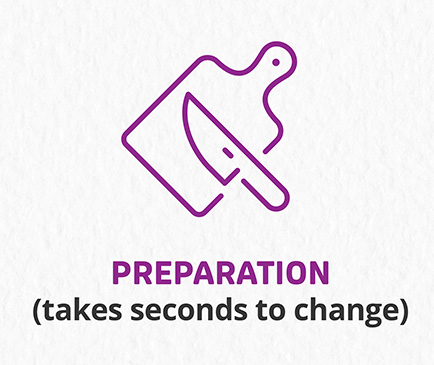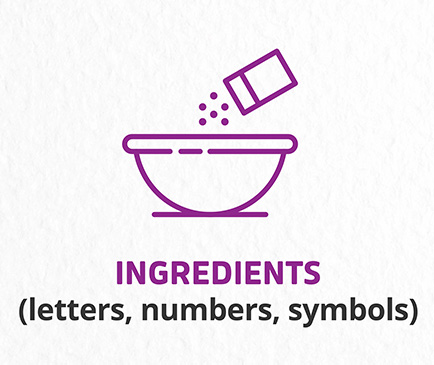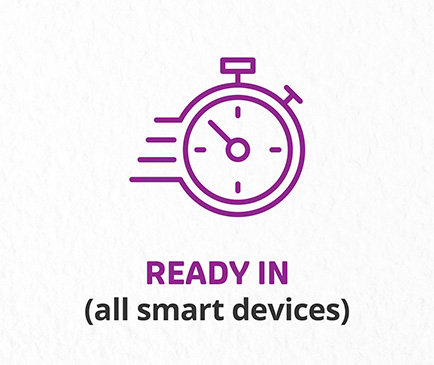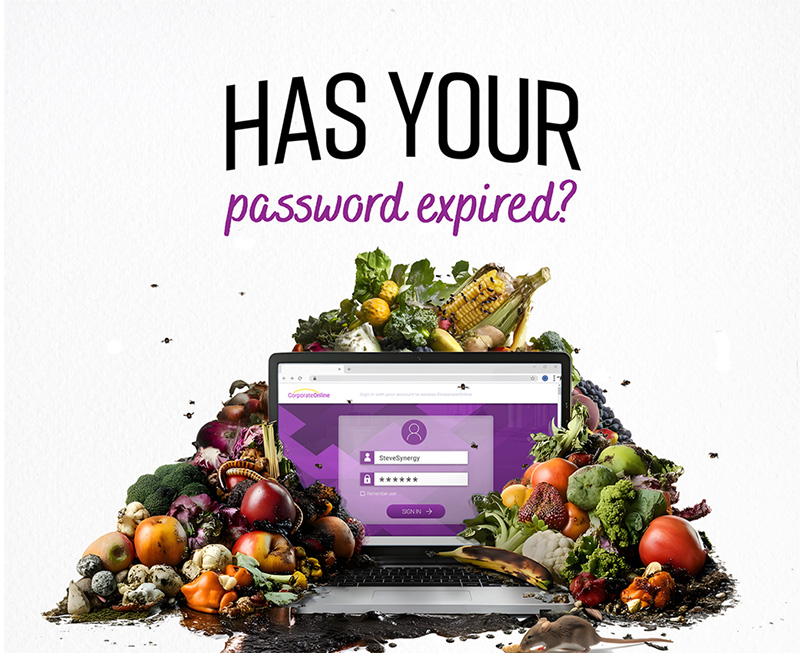Week 2 - Key to a successful cybersecurity recipe: Strong and unique Passwords



 It is important to always use a unique password for each of your online accounts. Do not reuse the same password across websites. If one of those sites gets compromised, hackers will try that password on other sites. No matter the account, all passwords should follow these preparation steps:
It is important to always use a unique password for each of your online accounts. Do not reuse the same password across websites. If one of those sites gets compromised, hackers will try that password on other sites. No matter the account, all passwords should follow these preparation steps:
Creating passwords
Popular passwords are easy for hackers to guess. Using a strong password or a passphrase will help keep you and your data secure.
Passphrases are great because they are easy to remember and hard for hackers to guess or crack. This is because they tend to be longer and more complex than traditional passwords. Two examples of a passphrase could be: "L3tF00dB3ThyMed1cine!" or "L3ttuceROm@ineFr1endsF0rev3r". Test your password creating skills using this tool. You can also try out this Random Passphrase Generator.
You can manage your IslandID account at the My IslandID Management Portal.
For up-to-date best practices, visit the National Institute of Standards and Technology (NIST).
Storing your passwords
You always hear about creating a secure password, but how do you keep your secure passwords secure? A password manager app is your ticket to remembering (or forgetting) passwords.
A password manager is a secure vault for all your passwords — like a glorified password notebook but a lot more secure! You must remember only one password, allowing you and your computer to access the rest of your passwords for all your logins. This also means you can create different passwords for each account, keeping you ahead of hackers! Some password managers will tell you that your accounts are more vulnerable if the same password is being used on several accounts.
Some we recommend are:
Free Webinar
Speaker Series: Texas Health and Human Services Cyberland Speaker Series
Speaker: Lance Spitzner, Technical Director, Security Awareness, SANS
Date/Time: Thursday, October 17, 11am – 12pm
Join us in the Cybernetica Citadel where we'll strip AI down to its essentials, making sense of all those buzzwords you've heard, what AI actually is, prompt engineering, and yes, the risks, the limitations, and the creepy stuff. We'll explore how cyber attackers are getting smarter with AI and what you can do to stay a step ahead. By the end, you'll walk away not just understanding AI, but knowing how to wield it responsibly and protect yourself in a world where machines are getting a little too smart for comfort.